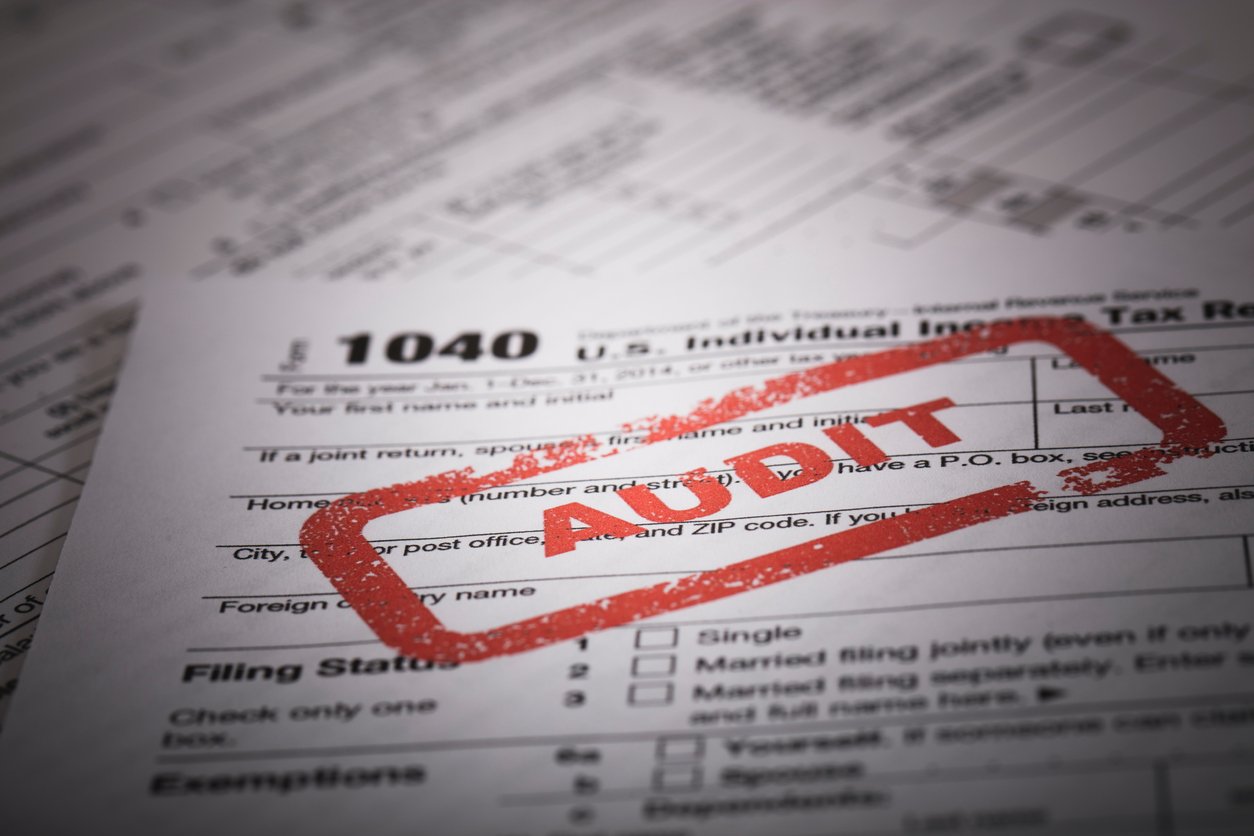
Wage garnishment can be a stressful and overwhelming experience, impacting your financial stability and peace of mind. Understanding wage garnishment, why it happens, and how to stop it is crucial for regaining control of your finances.
In this guide, we’ll delve into the fundamentals of addressing wage garnishment and provide actionable steps to stop it.
What is Wage Garnishment?
Wage garnishment is a legal process in which an individual’s employer withholds a portion of their earnings to pay a debt. This debt can stem from various sources, including child support, default loans, court judgments, or unpaid taxes. The employer is legally required to withhold a certain amount from each paycheck until the debt is satisfied.
What Happens with an IRS Wage Garnishment?
If you are behind on taxes, the IRS may seize part of your wages each pay period until one of the following occurs:
- You make other arrangements to pay your overdue taxes
- You pay your overdue taxes
- The IRS levy is released
When the IRS garnishes your wages, you may still receive part of your wages. The amount you receive is based on the number of dependents you have that year. The IRS will mail a publication with the levy that explains to your employer how much of your paycheck is exempt from the garnishment. Your employer will provide you with the paperwork you need to declare dependents.
Why Does Wage Garnishment Happen?
Wage garnishment typically occurs when you fail to fulfill your financial obligations, such as neglecting to pay your taxes. When this happens, creditors or government agencies may seek legal recourse to recover the owed funds by garnishing your wages.
If you are behind on tax payments, the IRS and state authorities will take drastic steps to collect the debt, including contacting your employer or bank to divert funds until the debt is paid off. Wage and bank levies can be devastating, not even leaving you with enough to cover basic living expenses, let alone the cost of good legal representation.
Steps to Stop Wage Garnishment
Some critical steps must be taken to mitigate the damage wage garnishment can cause or to stop it altogether. Lothamer Tax is here to help you every step of the way.
Step 1: Understand the Laws
You need to become familiar with federal and state laws governing wage garnishment. Each jurisdiction has specific rules regarding the maximum amount that can be garnished and the type of debts eligible for garnishment.
Step 2: Assess Your Situation
You will need to know why your wages are garnished and then assess your financial situation. Identify any errors or discrepancies in the garnishment order and gather relevant information to support your case.
Step 3: Negotiate with Creditors
Contact the creditors or agency responsible for the wage garnishment to discuss potential repayment options. In some cases, creditors may be willing to negotiate a repayment plan or settle the debt for a reduced amount. For example, the IRS may accept an offer of compromise that allows you to pay your debt for less than the total amount.
Step 4: Seek Legal Assistance
If you believe wage garnishment is unjust or unlawful, it’s best to consult a qualified attorney specializing in debt relief and consumer rights. At Lothamer Tax Resolution, our attorneys have the expertise required to help you get out of the nightmare of wage garnishment. Our qualified team will be with you each step of the way—from reviewing your case and advising you on your legal rights to representing you in court.
Step 5: File for Bankruptcy
As a last resort, filing for bankruptcy may provide relief from wage garnishment. Depending on your financial circumstances, Chapter 7 or Chapter 13 bankruptcy can temporarily halt wage garnishment and offer a fresh start on managing your debts.
Fight to Keep Your Full Paycheck with Lothamer Tax Resolution.
Wage garnishment can significantly affect your financial well-being, but it’s not an insurmountable obstacle. By understanding the fundamentals of wage garnishment, exploring your options, and seeking professional guidance, you can take proactive steps to stop wage garnishment and regain control of your finances.
Lothamer Tax Resolution’s qualified and experienced team can help you fight for a levy release to help you keep your full paycheck and regain your financial freedom from the IRS.
Your Roadmap To Resolution
Whether in Michigan, Indiana, Illinois, or Wisconsin, Lothamer Tax Resolution understands the many reasons people get into an overwhelming tax situation, and we can help you find a way to get your finances back on track.
Within the first 24–72 hours, Lothamer Tax Resolution does more than most other tax firms do in several weeks, this includes:
Contacting the IRS
First, we will contact the IRS and request a stay on collection, which prevents creditors from collecting money or seizing property. We’ll also obtain transcripts for years unfiled, balances due, and income reported to the IRS. Within three days, we can provide you with a consultation with a licensed attorney, CPA, or Enrolled Agent.
Providing Consult and Making a Plan
After we contact the IRS and set up your consultation, you will meet with a team member through our proprietary video conferencing software in the privacy of your home or office. During this meeting, you will consult with a licensed attorney, CPA, or Enrolled Agent to learn about our findings and discuss your options. We will provide you with a plan to resolve your tax problem and give you an estimated cost for the services required to carry out the plan.
Implementing Your Plan of Action
Once we have a plan in place and you accept the Terms & Conditions in our service agreement, we will immediately start solving your tax problem. We will set you up in our eResolution Client Portal, giving you access to critical deadlines and the next steps to view the progress of your case.
Put your tax problem in the rearview mirror. With over 40 years in business and an A+ rating with the BBB, Lothamer has seen it all. We have decades of experience resolving wage garnishment and debt issues for our clients and we’re passionate about helping you get your finances back on track.
H3: Stop Wage Garnishment at Lothamer Tax Resolution in Michigan, Indiana, Illinois, and Wisconsin
Large tax debts, garnishments, asset seizures, and other tax problems may seem impossible to resolve on your own, but with the help of one of our Enrolled Agents, tax attorneys, or CPAs, you can get the assistance you need. At Lothamer Tax Resolution, we pursue the best strategy for your immediate situation. Find an office of Lothamer Tax Resolution near you, or call or text (877) 955-9020 to speak to a tax expert TODAY!
"*" indicates required fields




